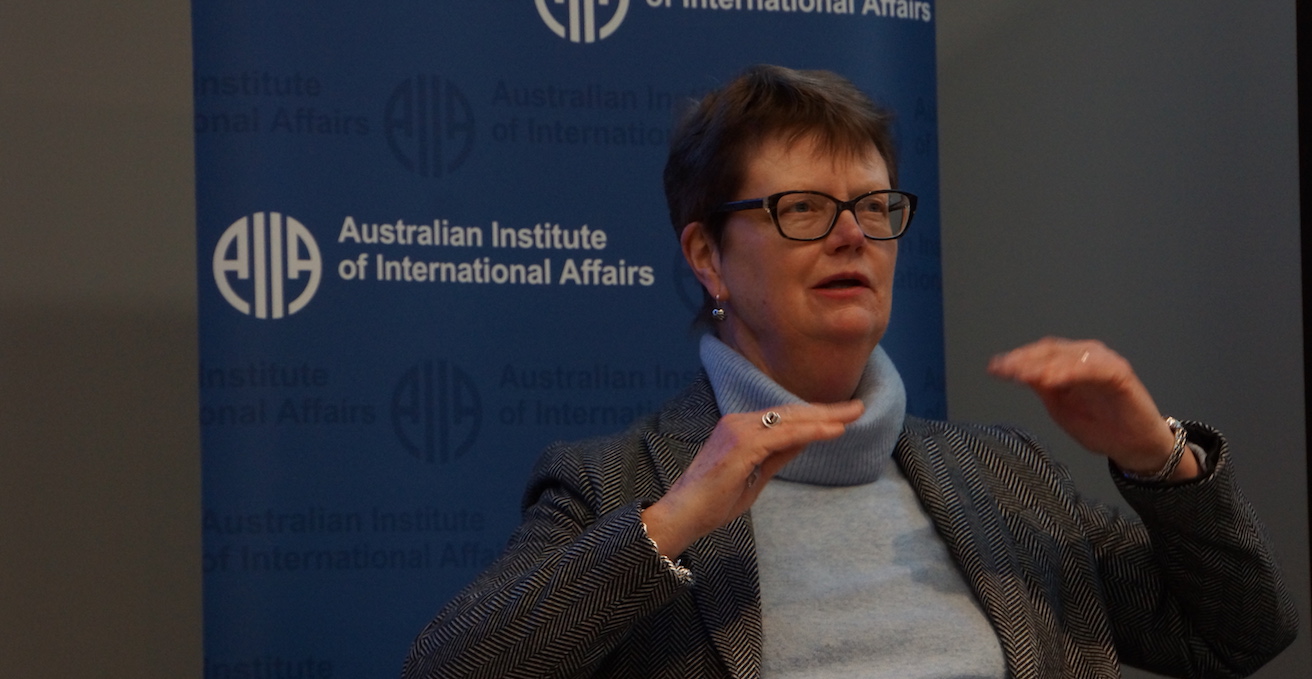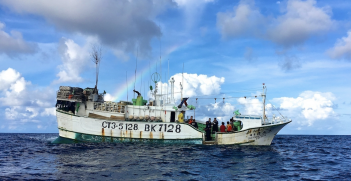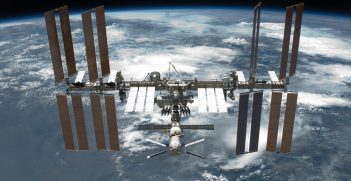Australia and the Rules-Based Order of the Oceans

As one of the key maritime nations in the southern hemisphere and a prominent middle power, Australia has an important role to play in the global ocean governance framework.
Maritime security is a prominent concern for Australia given its geographic position to the south of major international shipping routes and the rising incidence of transnational criminal activities such as illegal fishing and people smuggling in its northern approaches. Australia has engaged with the global oceans agenda through ratifying and implementing in its national law and policy, key international law instruments such as the 1982 United Nations Convention on the Law of the Sea (UNCLOS), the United Nations Fish Stocks Agreement, multiple regional fisheries management agreements and regional seas agreements as well as the majority of International Maritime Organisation (IMO) agreements related to shipping. It is also an active supporter of global and regional initiatives to conserve and sustainably use marine biodiversity.
The rules-based international order of the oceans
The pivotal international law instrument on the oceans is the 1982 United Nations Convention on the Law of the Sea. Often acknowledged as the fundamental constitution of the oceans, UNCLOS sets out in its Preamble to provide “a legal order for the seas and oceans which will promote the peaceful uses of the seas and oceans, the equitable and efficient utilisation of their resources, the conservation of their living resources and the study, protection and preservation of the marine environment.” Traditionally there have been two competing interests in the law of the sea: control over the sea by coastal states and freedom of the seas for user states.
The UNCLOS represents a compromise reached between those interests at the time it was adopted on 10 December 1982. One of the most ambitious international law-making efforts ever undertaken, it can lay claim to multiple achievements including:
- Universally agreed limits for maritime zones including Territorial Seas, Contiguous Zone, Exclusive Economic Zone, and Continental Shelf
- Established navigational regimes
- A new framework for protection and preservation of the marine environment
- New rules of marine scientific research reflecting an equitable balance between coastal state and foreign research scientists
- A mandatory system of dispute settlement
- A system for exploring and exploiting the non-living resources of the deep seabed which are characterised as the common heritage of mankind
The intrinsic value of the UNCLOS for Australia and the international community is that it creates a more predictable and stable maritime environment for trade, transport and communication through the creation of more precise maritime zones and navigational regimes and systems for conservation and sustainable use of ocean resources. In addition to the UNCLOS, the International Maritime Organisation has played a very proactive role in developing multiple conventions which regulate shipping activities, including safety of life at sea and marine pollution.
Australia and the rules-based international order on oceans
It was not until the issue of Australia’s Oceans Policy in 1998 that a comprehensive statement of Australia’s ocean governance challenges and priorities emerged at the Federal Government level. The Oceans Policy articulated a wide array of challenges and priorities relating to Australia’s maritime interests. Many of these priorities and challenges correlate with elements of the current global oceans agenda. To tackle all these challenges and priorities in a balanced and effective manner, the Oceans Policy identified the need for integrated ocean planning and management and nominated specific responses for particular sectors of ocean activity. 20 years on from the Oceans Policy, the maritime challenges and priorities identified in that document still resonate with the rules-based international order for the oceans and the global oceans agenda.
While the overarching vision of integrated oceans management for Australia’s offshore marine environment has been modified since the issue of the Oceans Policy, the Policy did perform the important initial function of expounding the major maritime challenges confronting Australia in 20 areas of oceans planning and management together with proposed responses. There has been no similar comprehensive statement of oceans policy since its issue.
Australia’s engagement with global and regional maritime security
The protection of Australia’s interests at sea is a multi-faceted challenge which ranges from preventing potential aggressors crossing Australia’s maritime approaches and deterring criminal activity in Australian offshore zones to supporting regional and global security initiatives which help maintain freedom of use and access to the oceans for vessels worldwide. Maritime Border Command and the Australian Defence Force are the primary government organisations responsible for meeting these challenges although other government agencies such as Customs, Australian Fisheries Management Agency, Australian Federal Police and state police services also contribute. The Oceans Policy listed projected responses to this challenge which have evolved in recent decades as a result of specific threats such as the increase in people smuggling in Australia’s northern sea approaches and illegal fishing to the north of Australia and in the offshore zones of its sub-Antarctic islands in the Southern Ocean. Initiatives have been taken at national, regional and global levels to protect Australia’s interests at sea.
Current and future challenges
Australia faces a complex and multifaceted set of challenges to achieve the objective of integrated and ecosystem-based management for marine areas within and beyond Australian jurisdiction as well as promoting global and regional maritime security. These challenges are inextricably involved with the global oceans governance agenda and entail close engagement with a variety of regional and global organisations.
As an island continent – with an extensive coastline, significant offshore territories and enormous areas of ocean under its national jurisdiction – the task of protecting Australia’s national interests at sea is constant and daunting in its complexity. Maintaining border security and combating the poaching of Australia’s fisheries by foreign fishing vessels have been the focus of significant Government policy initiatives, resource investment and legislative action in the 20 years since Australia’s Oceans Policy was issued.
As one of the key maritime nations in the southern hemisphere and a prominent middle power, Australia in conjunction with its regional neighbours has an important role to play in evolving the global ocean governance framework, which is an integral element of the rules-based international order.
Professor Robin Warner is Professor at the Australian National Centre for Ocean Resources and Security at the University of Wollongong, Australia.
This article is an edited extract of her paper titled “Australia and the International Rules-Based Order of the Ocean” presented at a conference on Australia and the Rules-Based International Order on 18-19 July organised by the Australian Institute of International Affairs, Department of Foreign Affairs and Trade and ANU Coral Bell School with the support of the Attorney-General’s Department.
This article is published under a Creative Commons Licence and may be republished with attribution.





